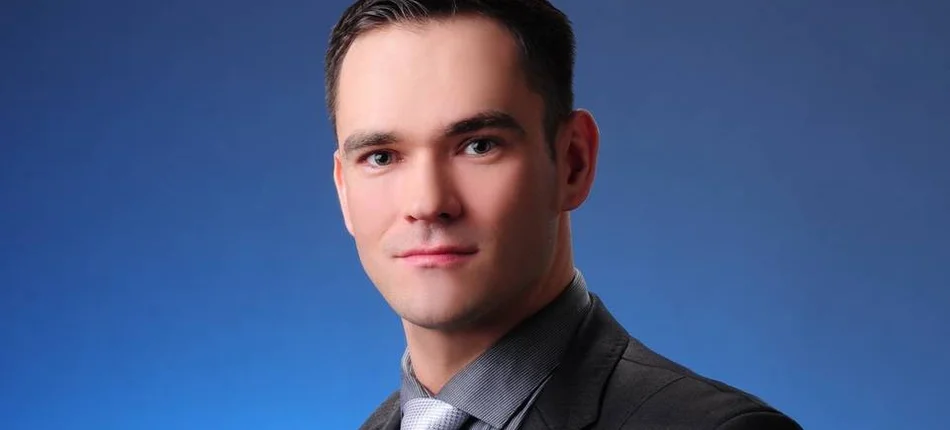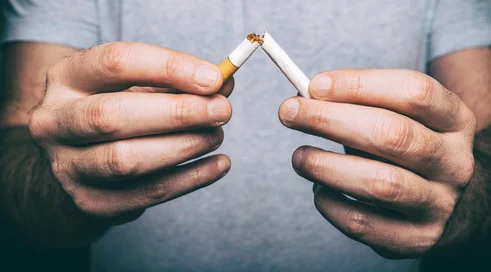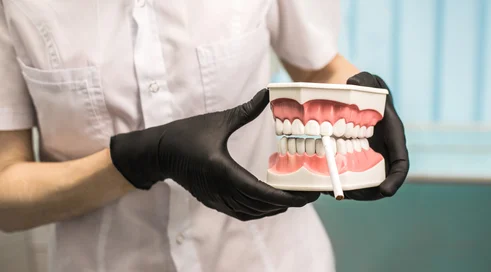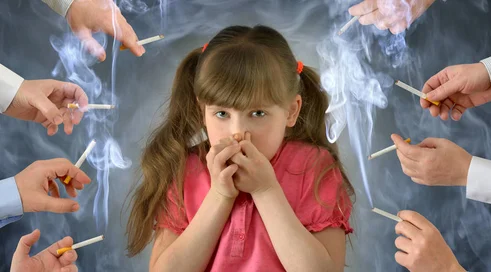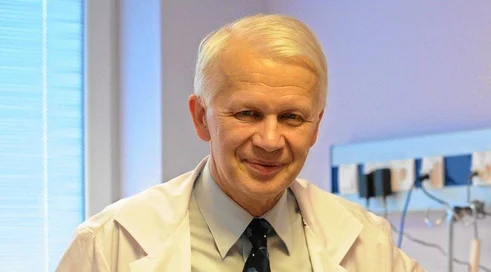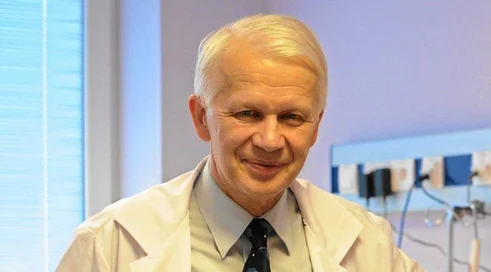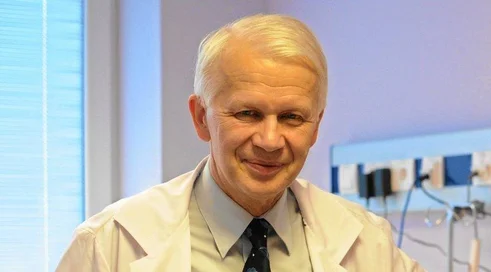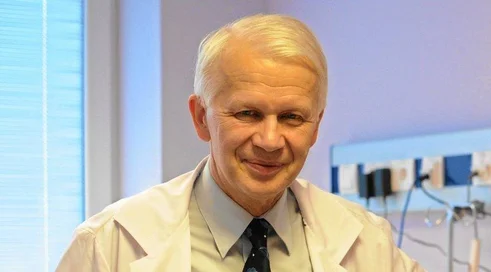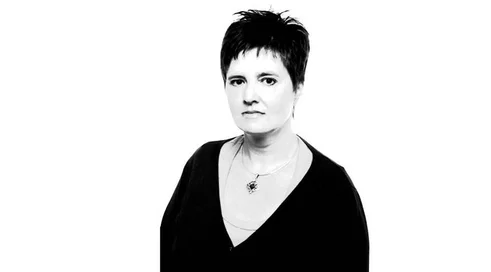Smoking is one of the biggest health problems in the world. This addiction not only threatens smokers, but also those in their company, as well as ...future generations. I wrote this article with the thought and hope that it should go to all smokers trying to have offspring. If you know such, please send them my text, perhaps thanks to you the child born will be healthy. In the context of smoking vs. the health of unborn children, it is worth considering the impact of this habit on prematurity and its associated health risks. Premature babies born before the 37th week of pregnancy often present many challenges for us doctors and parents.
Smoking and prematurity
Scientific studies, with which everyone can familiarize themselves, bring disturbing conclusions about the impact of smoking on the risk of prematurity. They show that children of fathers who smoke tobacco may be more likely to be born prematurely. And this is already associated with the risk of complications that premature babies can develop. I think it's worth looking at these studies to understand the underlying mechanisms.
One of the key components of tobacco smoke is nicotine. It is a psychoactive substance that can affect the cardiovascular system, as well as affect inflammatory processes in the body. Nicotine can lead to vasoconstriction, which reduces blood flow to the placenta, thereby impeding the delivery of oxygen and nutrients to the developing fetus. This, in turn, can lead to hypoxia in the unborn baby, which is one of the factors that increase the risk of prematurity.
Of course, the cigarette, is also numerous tarry substances, so it is not only nicotine that is a threat to the unborn child. Tobacco smoke also contains many other toxic substances, such as carbon monoxide, toluene and benzene. It has been proven that these substances can adversely affect the fetus' circulatory and nervous systems, which can increase the risk of premature birth.
Consequences of prematurity
Premature babies are a group of patients who require special attention from medical personnel. Why? Because babies born too soon often have underdeveloped organs , which makes them more susceptible to various health complications. I am already in a hurry to explain which ones:
Breathing difficulties: Premature babies often have underdeveloped lungs, which can and unfortuna...
Content locked
To gain access to the complete English section of the Medexpress.pl, kindly reach out to us at [email protected].





